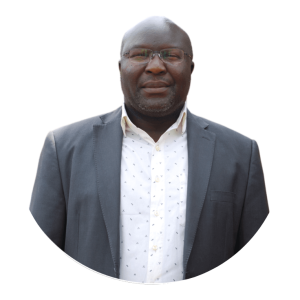Ivan is the Programmes Manager. He coordinates project activities and cultivates relations with local stakeholders. A master problem-solver, Ivan joined after a tour of South Africa as a missionary with the Church of Jesus Christ of Latter-Day Saints. A recipient of 2017 Young Missionary Award and 2013 Reproductive Health Uganda’s Top Peer Educator. Great with children and young people, Ivan has diplomas in Project Management, One Health (University of Basel) and pursuing a certificate in applied health (Brigham Young University Idaho). Ivan lives in Kamuli with his wife Hasifah and daughter Meghan and plays football for the local club St Joseph Savio.














